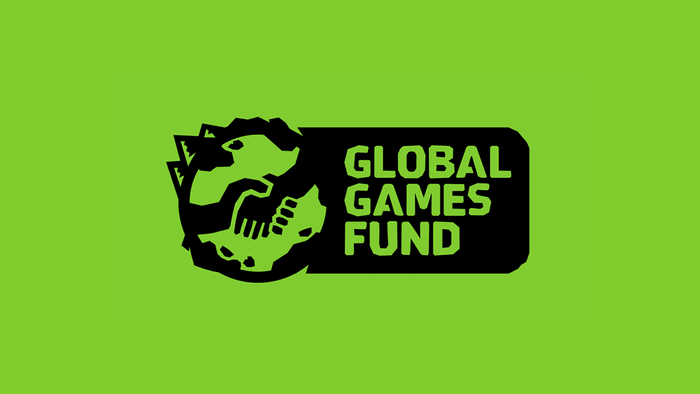At SXSW, The Behemoth, Thatgamecompany and 2D Boy participated in a panel discussion on what it means to be indie and the unique concerns surrounding independent developers.
March 19, 2009

Author: by N. Evan
Games like Alien Hominid, Flower, and World of Goo all have a certain level of name-recognition -- so it's no surprise that the South by Southwest Interactive conference in Austin, Texas featured a panel on not just indie games, but successful indie game developers. When first asked how to define being indie, Kellee Santiago, president of thatgamecompany (flOw, Flower) says, "I do think that’s an important distinction to make in some circles." Because of the business relationship with Sony, they’re not financially independent. Santiago sees indie as process, or content, or both. For John Baez, producer at The Behemoth (Alien Hominid, Castle Crashers), it’s the company itself that defines it, but adds that many companies calling themselves indie actually have two-hundred employees. "It’s really all about the mindset," he says. And Ron Carmel, half of the team at World of Goo developer 2D Boy, remarks: "I don’t know how to define indie per se, but I do notice a lot of things that indies have in common." Small size is one factor, he says. "Another thing is an emphasis on design over finance." Larger companies have a top-down direction, looking at when a game needs to ship, and therefore what features to invest in. With an indie studio, says Carmel, there’s the need to create a good game, which results in the typically-indie question: "When’s the latest we can ship?" Santiago adds she believes it’s detrimental to the sector for people to believe that indie development is about not having cash flow. "Early on," says Baez, "We knew we weren’t going to make money. We needed to find alternate revenue streams." The Behemoth did that with selling the game rights for other territories, and through toys and t-shirts. "Discovering alternate revenue streams was the most exciting," recalls Baez. "None of us has a business background. I was an artist." Santiago agrees, saying that ownership is an incredibly powerful thing. "Even when things are crap, we like, at least own it." She says she’s learned more in the first year than she ever would have at an established company. When something goes wrong, "We can’t blame a boss -– we have to fix it." Carmel adds that it’s good to "keep things balanced, despite a sense of ownership." Meanwhile, Baez tells the story of mortgaging his house –- twice -– during his company’s early days, and only having $500 left in the bank, and how being indie is a risk. "That’s why it’s important to work on quality games that you want to see through to the end." He notes that it gets "really tough, especially when you have kids and family." The only thing that sees you through, believes Baez, is a good game that you’re driven to complete. Santiago also warns: "Someone once told me, 'Don’t start a game studio if you like making games – start a game studio if you like running a business.’" Having defined indie, the panel moved on to broader topics. Santiago, whose games are available through the PlayStation Network, talks about digital distribution taking hold soon. "I remember when people thought you wouldn’t watch content on YouTube. And a year later, they completely flipped around." Baez warns that the business of indie games will change. Currently, major publishers are ignoring the sector, but: "Once real money starts being made, we can be marginalized. It’s a real danger." "2008 was a great year for indie games," adds Carmel. But he adds his opinion that publishers will look at the market. "It’s already happening at EA," he notes, detailing the indie team within Electronic Arts at work on Henry Hatsworth. Carmel wishes them the best, and the panel speculates that a successful indie team inside a publisher will be free to leave at any time, replicating their success on their own, outside the walls of a publisher –- but there’s a certain uneasiness about this new development in a clearly passionate corner of game development. Turning to the subject of the recession, Baez says, "Downloadable games are a good niche to be in." Santiago looks at it from the console standpoint, saying that, for a platform holder like Sony to attract people, "you still need to be funding content for your platform." Santiago expressed her interest in pursuing the Facebook platform, saying the company had looked at it, but would be exclusive to Sony’s PlayStation Network platform for the next several years. Part of a successful business is knowing what you’re good at, and what you’re not good at. When asked about indie game developers being represented by agents, Baez says agents are to be avoided. When an audience member specifically asked about Creative Artists Agency, whose game program is headed by former Xbox mastermind Seamus Blackley, Santiago said that her company was repped by CAA. Baez advised against such representation, saying The Behemoth had relationships with Microsoft, Nintendo, and Sony. And anyone who’s able to stand in front of a crowd, articulate a question, and is dressed normally meets the publisher criteria for presentability. Baez concludes with the story of meeting with a development relations manager from a console maker, who remarked: "I don’t’ know why anyone would use an agent, because what we’re looking for is really good work." [Photo Credit: Ryan Chahanovich]
You May Also Like






